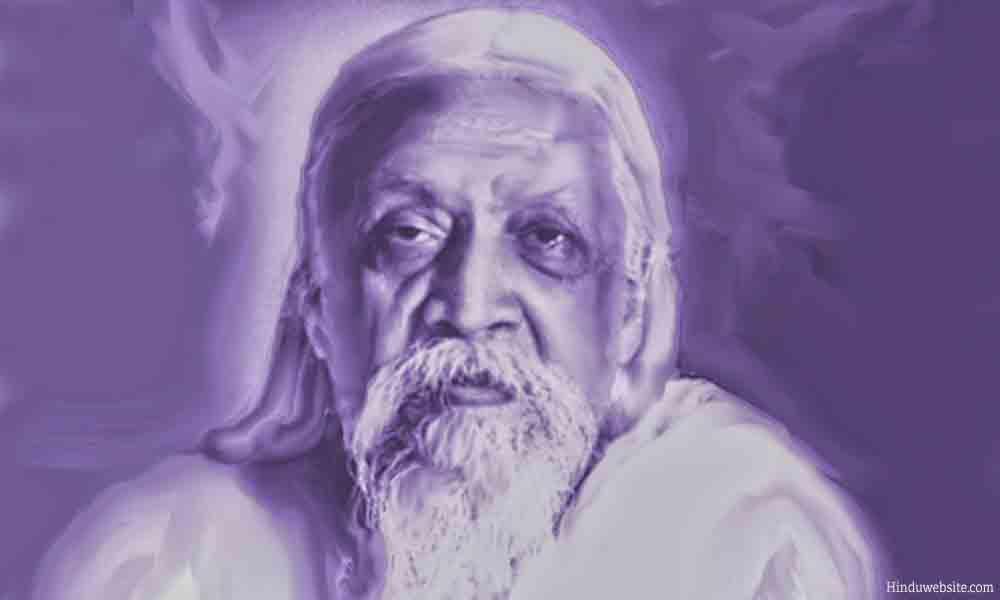The Central Role in the Instrumental Nature of the Three Gunas - Sri Aurobindo
14/04/2017.
For most people, there is no pattern or rational explanation for the manner that things take place in the world, nor one’s individual reactions to those events. Things seem to be random and subject to the whim of the moment. Upon a deeper examination however, the seeker can begin to recognize that the three Gunas, Sattwa, Rajas and Tamas, act as the controller of the mechanisms of Nature, and that by observing and understanding these Gunas and their interplay, we can begin to gain some understanding of the streams of energy that bring about the manifestation of the world and all the actions in it.
Sri Aurobindo observes: “But in the inferior nature of thigns the play of infinite quality is subject to a limited measure, a divided and conflicting working, a system of opposites and discords between which some practical mobile system of concords has to be found and to be kept in action; this play of concorded discords, conflicting qualities, disparate powers and ways of experience compelled to some just manageable, partial, mostly precarious agreement, an unstable, mutable equilibrium, is managed by a fundamental working in three qualitative modes which conflict and combine together in all her creations.”
“Tamas is the principle and power of inertia; Rajas is the principle of kinesis, passion, endeavour, struggle, initiation…; Sattwa the principle of assimilation, equilibrium and harmony.” “…in its psychological and spiritual bearing it is of immense practical importance, because these three principles enter into all things, combine to give them their turn of active nature, result, effectuation, and their unequal working in the soul-experience is the constituent force of our active personality, our temperament, type of nature and cast of psychological response to experience.
All character of action and experience in us is determined by the predominance and by the proportional interaction of these three qualities or modes of Nature. The soul in its personality is obliged, as it were, to run into their moulds; mostly, too, it is controlled by them rather than has any free control of them. The soul can only be free by rising above and rejecting the tormented strife of their unequal action and their insufficient concords and combinations and precarious harmonies, whether in the sense of a complete quiescence from the half-regulated chaos of their action or in the sense of a superiority to this lower turn of nature and a higher control or transformation of their working. There must be either an emptiness of the Gunas or a superiority to the gunas.”




Comments
Post a Comment